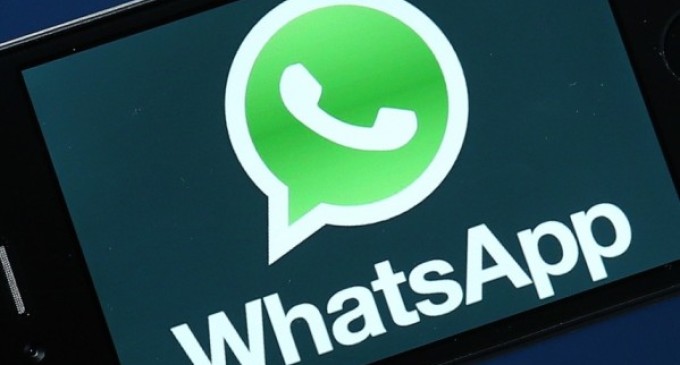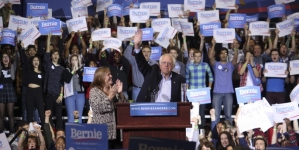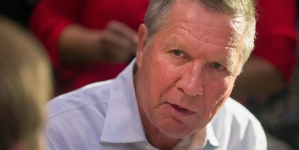-
Tips for becoming a good boxer - November 6, 2020
-
7 expert tips for making your hens night a memorable one - November 6, 2020
-
5 reasons to host your Christmas party on a cruise boat - November 6, 2020
-
What to do when you’re charged with a crime - November 6, 2020
-
Should you get one or multiple dogs? Here’s all you need to know - November 3, 2020
-
A Guide: How to Build Your Very Own Magic Mirror - February 14, 2019
-
Our Top Inspirational Baseball Stars - November 24, 2018
-
Five Tech Tools That Will Help You Turn Your Blog into a Business - November 24, 2018
-
How to Indulge on Vacation without Expanding Your Waist - November 9, 2018
-
5 Strategies for Businesses to Appeal to Today’s Increasingly Mobile-Crazed Customers - November 9, 2018
Govt Withdraws Controversial Draft Encryption Policy
The policy also wanted users to store all encrypted communication for at least 90 days and make it available to security agencies, if required, in text form. He said that the objective of encryption is not related to WhatsApp, Facebook and other social media messaging platforms used by common man. However, we have to acknowledge that cyberspace transactions are rising enormously and the government need a new policy to make them safer.
Advertisement
Prasad also admitted that there have been “some uncalled for misgivings”, which prompted him to ask the GoI to “withdraw the Draft Encryption Policy and examine it carefully”. The intrinsic policy in the draft still remains.
However, following public and social media outcry, an amendment was made excluding “mass encryption products” like the above mentioned services from the policy.
The new policy allows the government to determine the encryption standards, which even online business giants like WhatsApp and Google must follow.
Clarifying the government’s stand, Prasad said that the purport of the Encryption Policy relates “only to those who encrypt, not to ordinary consumers”.
Prasad said the government under the leadership of Prime Minister Narendra Modi has promoted social media activism.
Several countries have felt the need for an encryption policy because of the boom in e-commerce and e-governance, he remarked.
The stated mission of the policy is to provide confidentiality of information in cyber space for individuals, protect sensitive or proprietary information, ensure reliability and integrity of nationally-critical information systems and networks.
“Union government supports the freedom of social media“.
Advertisement
This implies that deleting messages that are not more than three months old from commonly used instant messengers, like WhatsApp, Viber, Hike, and from e-mail clients such as Gmail, would be illegal. The draft, issued by the Department of Electronics and Information Technology, would apply to everyone, including government departments, academic institutions, citizens and for all kinds of communications – be it official or personal.





























